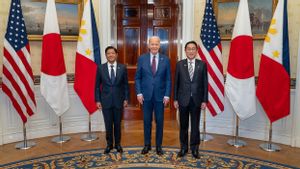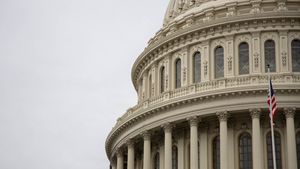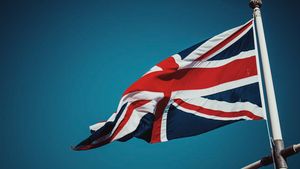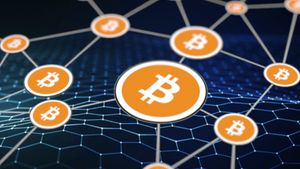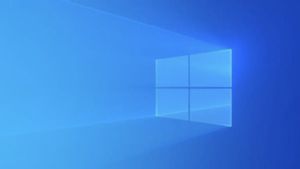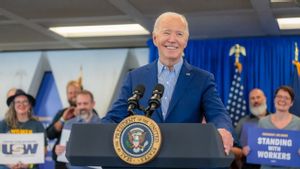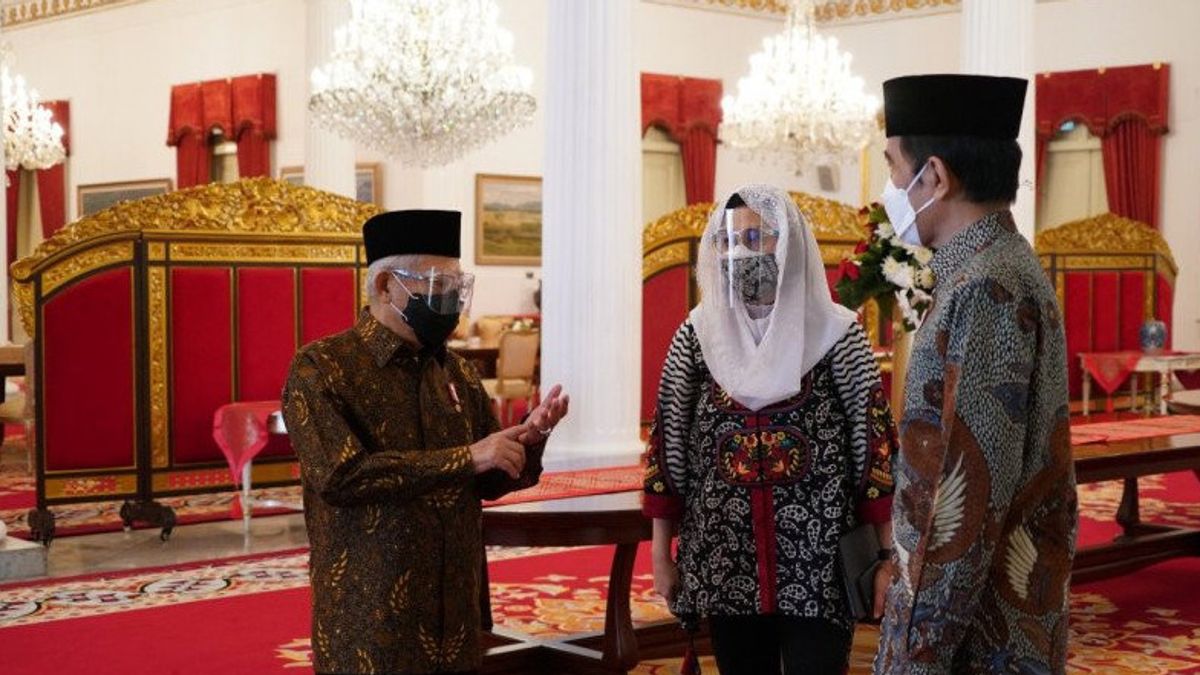
JAKARTA - President Joko Widodo (Jokowi) stated that the use of waqf in the Islamic economic system does not only increase public literacy in terms of Islamic economics alone.
The use of waqf must also be expanded. Apart from worship, it is also to overcome social inequality and poverty.
"It is no longer limited to the purpose of worship but is developed towards socio-economic goals that have a significant impact on reducing poverty and social inequality in society," explained President Jokowi at the launching of the National Movement for Cash Waqf and Inauguration of the 2021 Islamic Economic Brand, reported by Antara, Monday, January 25th.
Also attending the event were Vice President Ma'ruf Amin as the Daily Chairman of the National Committee for Sharia Economics and Finance (KNEKS), Minister of Finance Sri Mulyani Indrawati as Secretary of the KNEKS. President Jokowi is the Chairman of the KNEKS.
According to President Jokowi, in 2021, the government will continue to find ways to find breakthroughs to reduce social inequality in the context of realizing equitable development throughout the country.
"Previously, I have repeatedly emphasized the importance of asset redistribution, then also related to expanding access to capital and strengthening skills in cultural change in overcoming poverty and social disparities," said the President.
One of the breakthrough steps that need to be considered, according to President Jokowi, is the development of syariaf financial institutions that are managed based on the waqf system.
"The potential for waqf is very, very large in our country. The potential for waqf assets per year reaches IDR 2,000 trillion and the potential for cash waqf can exceed IDR188 trillion," said the President. The potential of waqf, both immovable object waqf and movable object, is included in the form of money.
However, President Jokowi admits that there is still a lot of homework in building a national sharia economy.
"The Indonesian Islamic economic literacy index is still low, still 16.2 percent, still low. There is still a lot of room to improve public understanding, there are still many opportunities to be optimized," the President added.
The definition of waqf according to Law No. 41 of 2004 is the law of wakif to separate and / or hand over part of his property to be used forever or for a certain period in accordance with his interests for the purposes of worship and / or public welfare according to sharia.
While cash waqf is a waqf made by a person, group of people, institution or legal entity in the form of cash. A person who wants to do waqf can do it with a minimum of IDR 1 million, which is done by depositing it in one of the 9 banks as a Sharia Financial Institution (LKS) who receives cash waqf (PWU).
According to Minister of Finance Sri Mulyani, until December 20, 2020, the total cash waqf that has been collected through and deposited in the bank is IDR 328 billion, while project-based waqf has reached IDR 597 billion.
The English, Chinese, Japanese, Arabic, and French versions are automatically generated by the AI. So there may still be inaccuracies in translating, please always see Indonesian as our main language. (system supported by DigitalSiber.id)



